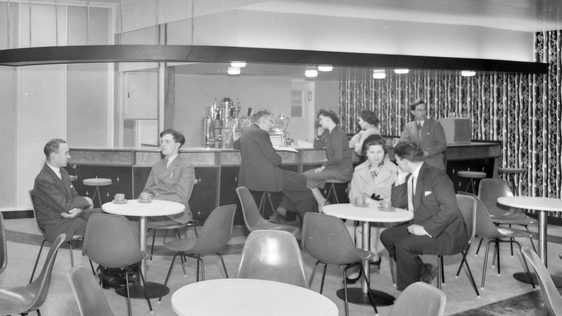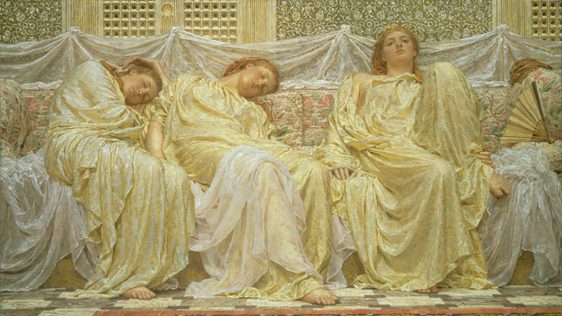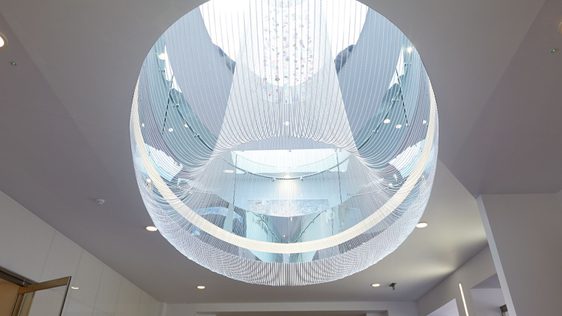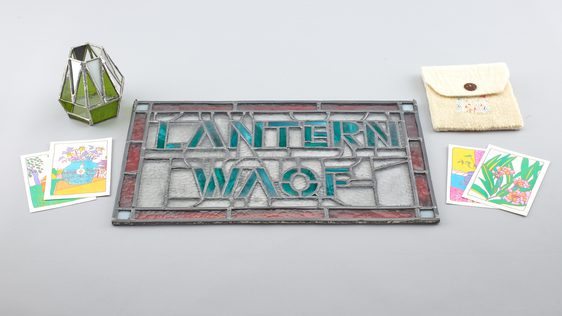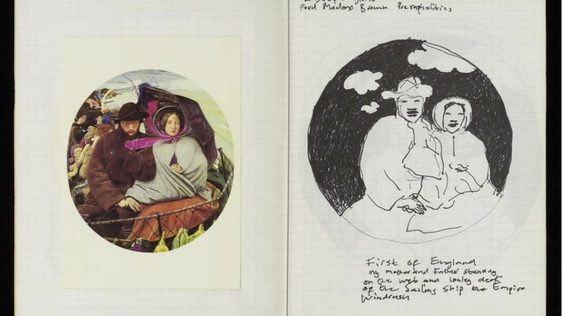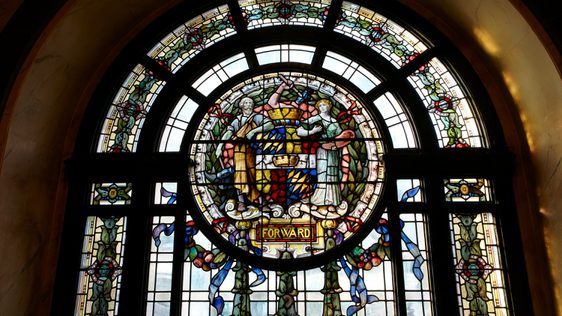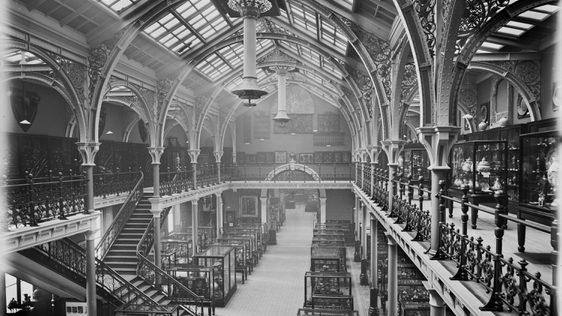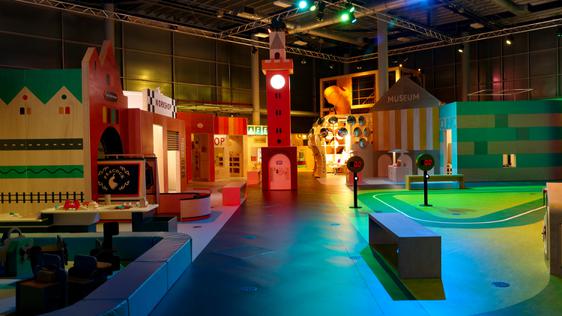Research Projects
What we doResearch at Birmingham Museums Trust clarifies and steers our vision to radically reinvent the museum as a catalyst of cultural and social change.
Our ambition for research is to integrate collections, audiences and participatory research, and we are currently developing the foundations for a Cultural Citizenship Research Centre alongside academic partners and community collaborators.
You can find out more about our current and past research activities by following the links below. If you can support us in our vision for research, please email us (contact details are at the bottom of this page).
Our current research activities
Our past research activity
Below is a record of the research activities we have been involved in.
